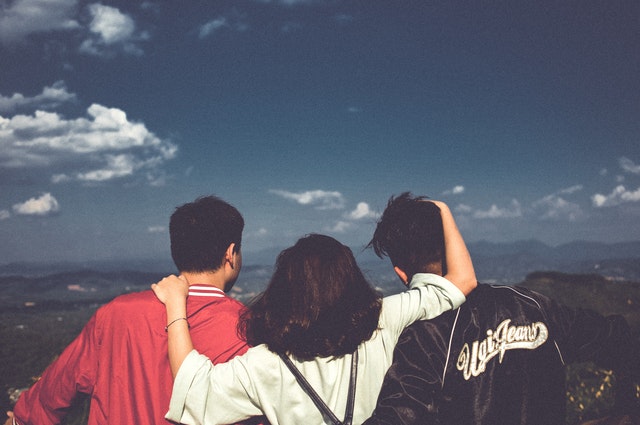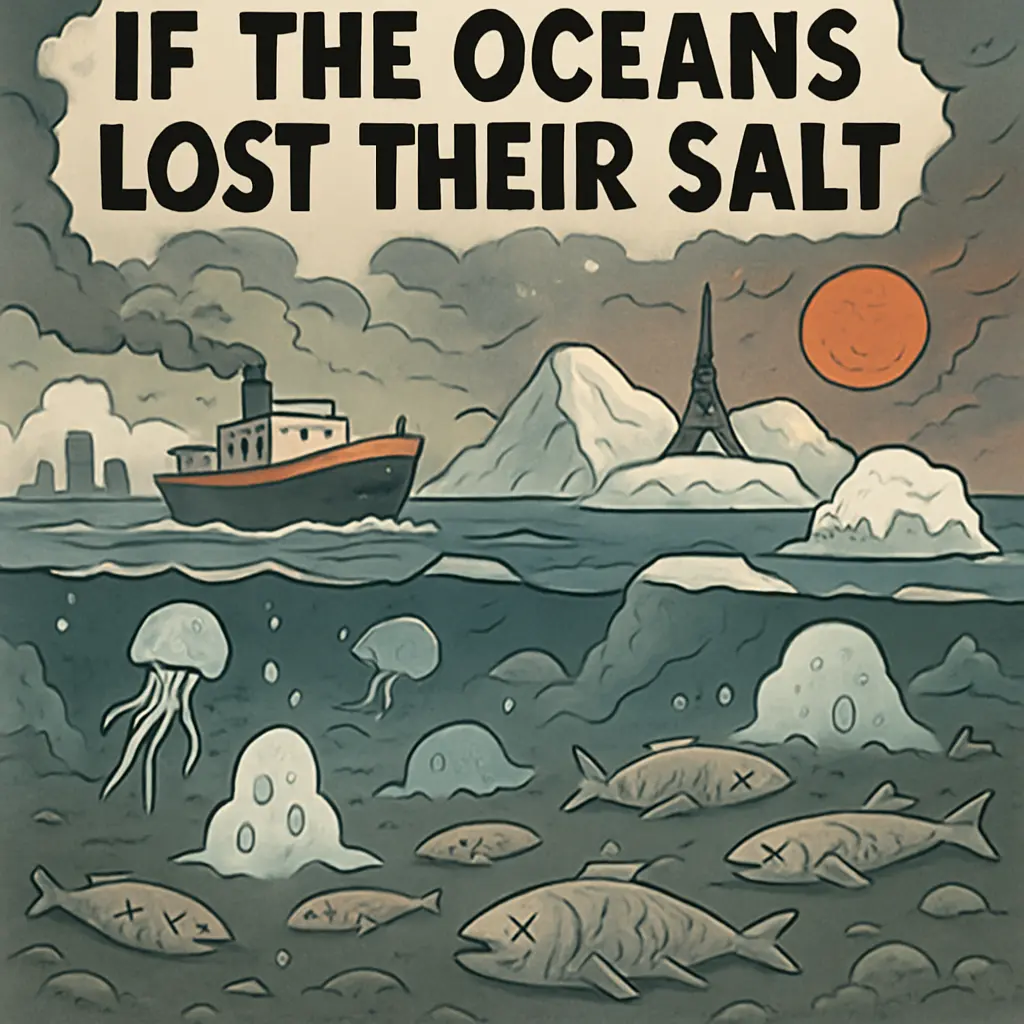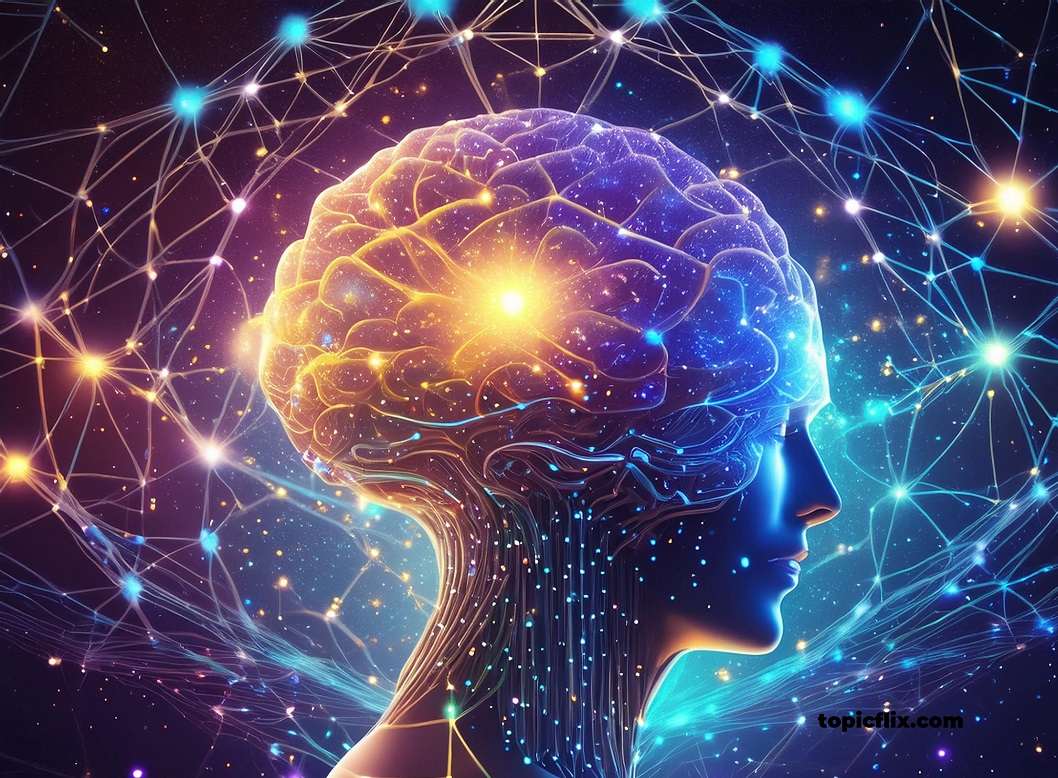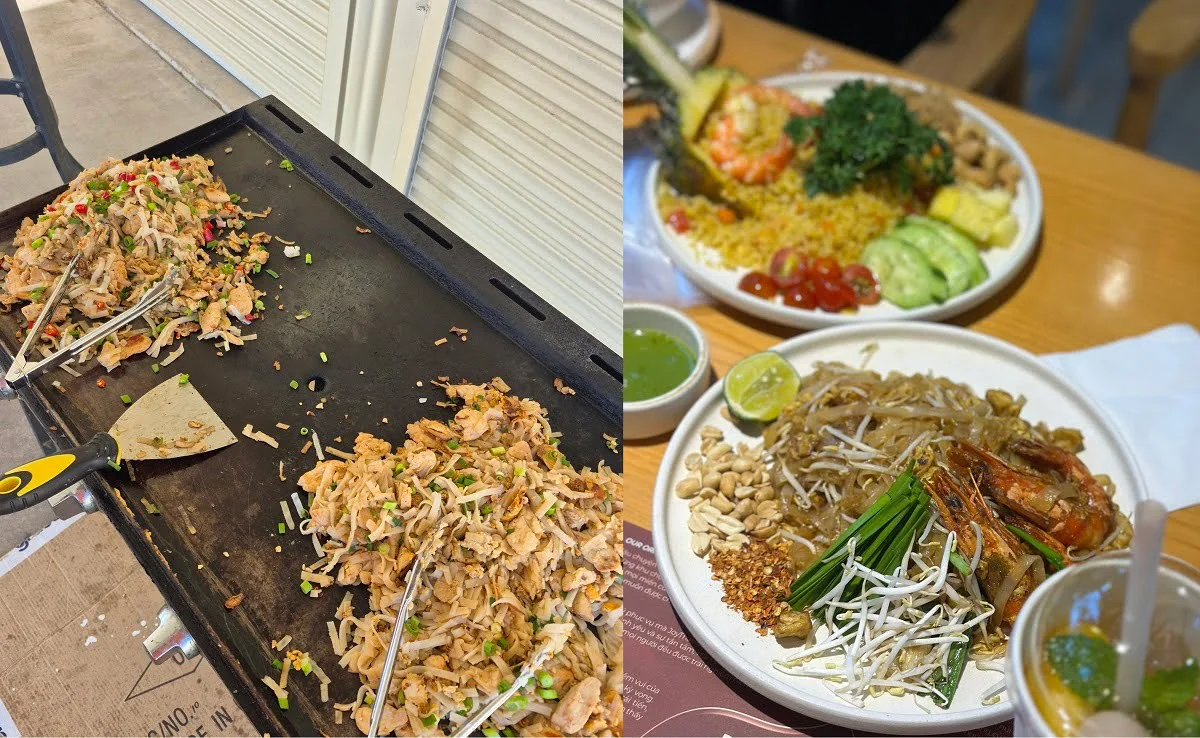Friendship bonds are often stronger than romantic ones, and losing friends can be much more heartbreaking than a breakup. As a result, I’ll provide some crucial information regarding why I loosing friends as I am become older.
What can be done to ensure that things don’t get any worse now that there is no one to talk to?
I started to make friends in the lower grades of the school and it increased in quantity over time, and the communication circle widens until it reached Social Network Changes and Life Events Across the Life Span in the next 25-30 years.
Friendships and Adaptation Throughout One’s Life Bonds begin to fray beyond this point, and the number of friends reduces by an average of 38%.

Let’s try to figure out why this happens and how to deal with this problem.
You will let go of some friendships and form new ones during your life. It’s the same with romantic partners. There are endings, but there are also fresh beginnings that are equally wonderful and joyful.
You’re undoubtedly also aware that there are several forms of friendships. Your heart can form a close and deep bond with a specific individual to the point where they become pillars in your daily existence. That is why losing friends is so painful.
When it comes to women, it’s much more crucial. Men’s lives and health are influenced more by family relationships, according to a study published in the journal Epidemiology and Community Health, but women’s physical and emotional well-being is significantly improved by the support of friends.
As a result, losing friends due to quarrels or other issues can, in many cases, have the same effect as ending a romantic relationship.
WE ARE CHANGING
We preserve some of our old pals from school and develop new ones during adolescence (13-19 years). Our parents are partially replaced by our close peers at this time. We learn to reveal ourselves to another person, trust him, and comprehend what he wants via spiritual connection and mutual support. Teens are also better prepared for relationships when they have friends.
IN AGE OF 19 T0 30, OUR SOCIAL RELATIONSHIPS ARE ON PEAK
When we’re young, we tend to make acquaintances with our classmates or neighbors. At this time, there are no personal interests, genuine conversations, or intimacy. Children participate in Friendships and Adaptation Across the games and activities, learning to sympathize with others and cooperating to achieve a common goal.

By the age of 65, 12–22% of adults have no friends at all. And, despite having greater time for conversation, many retirees simply have no one with whom to communicate. New connections are harder to form, and old ones are lost.
LOOSING FRIENDS HAVE REASONS
There are several reasons why adults stop actively making new contacts and lose friendships.
CHANGES IN NEEDS AND GOALS, AS WE GET OLDER
The collecting of world information is a priority at the moment, and diverse social relationships are best suited for this goal. Young individuals communicate with everyone in a row, create quick friends, and take care of their peers.
The picture alters as you become older. People understand that life is limited and that we should make the most of it. Friendships begin to dwindle, leaving only those that bring emotional connection and warmth. The others are cruelly kicked out of the group of pals.
FAMILY BECOME FIRST PRIORITY
At first, marriage expands Friendships in Young and Middle Adulthood social circle: people get close to friends and relatives of spouses. However, over time, priorities shift to the family. You can surprised that A Happy marriage can give less time to a old friends. Not true at all time but its is experienced by me. (Read Here how to make a happy marriage life, just you want)
The spouse provides the person with what he previously received from friends: he becomes an entertainment partner, satisfies emotional needs – gives support and comfort, helps morally and physically.

With the birth of children, this effect only increases. A small child takes up a lot of time, the circle of interests varies greatly, especially when compared with childless friends. Often people lock themselves up in a family , and friendships themselves disappear.
LESS TIME FOR COMMUNICATIONS
Going to work, like marriage, can help you make more pals. People frequently communicate with others who are relatively similar to them in terms of worldview, interests, and social status. It’s very likely that you’ll run into someone like them at work. Changes in Social Networks and Life Events Across the Life Span.
Simultaneously, longtime acquaintances are fading away due to a lack of time and a widening gap in interests and status.
PAIN, LIFE STRUGGLES AND CIRCUMSTANCES
Sometimes pain is main key factor to make you separate from your friends and gradually it tends to you loosing friends. from the research, In 68% of cases, middle-aged friendship ends accidentally, due to fault of circumstances Friendship in Later Life.
According to a standard research, Only 25% of people intentionally terminate a relationship, usually because of betrayal.

Accidents, such as the death of a brother, spouse, or kid, are examples of such circumstances. Friendships may suffer after terrible incidents as a result of grief and a desire to stay in touch.
We are without close pals due to a number of circumstances and a lack of time. This is reasonable, yet it has no redeeming qualities. After all, friendship, like a good night’s sleep and exercise, is essential for a person’s well-being.
WHAT AFTER LOSING FRIENDS
We know that friends come and go, and they take a piece of you with them while helping you grow.
- Losing friends who really have a special place in our hearts leaves an open wound that remains forever.
- If possible , stick to the good memories you have together. If you focus only on what tore you apart, your resentment will only grow, and you will hesitate to start new friendships.
- Life teaches you lots of homework and you have to learn to accept them. No matter what has hit you, never close the door between your heart and love or the opportunity to find new, wonderful friends.
Friendship is the best medicine you can find.
WHY FRIENDSHIP NEED IN ANY AGE
From childhood, friendship defines our health and well-being. Children and teenagers who have friends more Friendships and Adaptation Across the Life are interested in learning and do better in school subjects than single guys.
Emotional closeness with peers increases self-confidence and reduces the risk of depression.

In middle age, friendship still means a lot to a person. And although the relationship with the spouse affects Positive, Negative, and Ambivalent Interactions With Family and Friends: Associations With Well ‐ being psychological health is stronger, communication with friends is immediately after them and is more important than communication with relatives.
Close ties and social support are beneficial in old life. Friendship in Later Life is worsened by social isolation, but cognitive decline and social relationships sustain cognitive functions. The Grant Investigation, a 75-year large-scale study, corroborated this. What does it take to live a happy life?
Lessons learned from the longest study of happiness in the lives of over 700 men from various social classes, with the goal of determining what truly makes individuals happy and healthy. Read here that how one can be happy and healthy from simple hacks of life.
It turned out that those who have a strong relationship with family , friends, and their community live happily and have good health and memory longer than those who are left alone or not satisfied with their relationship.
FRIENDSHIP IS DAILY SUPPORT SYSTEM
Friendship is not something unique to people. According to a study published in Time Magazine , researchers have discovered that chimpanzees, baboons, horses, hyenas, elephants and dolphins also have “best friends”.
The impact of friendship on a person’s emotional world is incredible. However, all friendship is not equal and you can probably count your true friends on one hand.
That is why you have probably experienced the following friendship dimensions.

A FRIEND CAN TAKE CARE ANYTHING FOR YOU
According to a study conducted at the University of Virginia, two people may begin to experience the same feelings when the friendship is genuine and mutual.
- The power of empathy is so strong that it can even be detected in medical tests, such as magnetic X-ray.
- If you feel that someone is in danger and your friend is also aware of the situation, you will respond in the same way.
- The areas of the brain that relate to fear and threat are activated identically in both friends.
- Friendship is a form of daily reinforcement – an outlet where you can find relief, advice and comfort. You can let go of your problems, relieve stress and anxiety and relax to make your world a little more carefree.
- If you consider the many benefits of “true” friendship, you will also understand the incredible bang when you lose friends of this kind for some reason.
To “end” with your best friend
Being forced to cut friendships or distance yourself from a person is usually something that happens for several reasons.
- Sudden changes in interests, betrayals, lies, scams, fractions … there are many reasons why we can lose friends. But the ensuing consequences are something we all experience in the same way.
- Losing friends forces you to go through the same painful struggle as when you end up with your partner.
- You are going through a period of anger and denial, where you do not quite understand what really happened.
- After that, you go into a phase of questioning, where you try to find reasons for the end.
- Gradually you come to a sad phase, which is followed by acceptance
HOW NOT TO BE ALONE
The only way to improve something in any area of life is to devote time to it. And friendship is no exception.
MAINTAIN YOUR OLD RELATIONSHIPS
Sometimes Friendship It is formed, maintained and disintegrated. At any moment in life, the closeness between people can grow, subside or remain unchanged, and at what level your relationship will be, depends on your investments.

Meet friends, call them, take an interest in their life. Try to do something together that is important to both of you. For example, to run together in the mornings, on weekends to go to the cinema, do something good, or just gather once a week for a cup of coffee, but – be sure! – no passes.
YOU NEED A CHANGE TO MAKE NEW CONNECTIONS
throughout life we are accompanied by a group of people, which varies depending on the circumstances. Each change in the environment in the future can give you new friends.
Get a new hobby: sign up for some kind of master class, go to group classes in the gym, find community of interest in your city. You can find a friend at any age, and the older you get, the more meaningful and deeper the new relationship will be.






